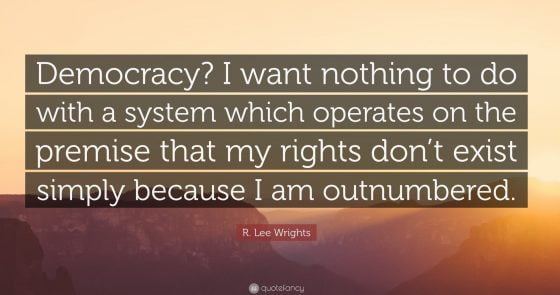In a story that just reinforces our commentary on Social Unrest and Global States of Combustibility, the State of Colorado is dropping their minimum wage by 3 cents:
Colorado’s minimum wage will drop slightly in the new year — the first decrease in any state’s minimum wage since the federal minimum was adopted in 1938.
Colorado’s wage is falling 3 cents an hour, from $7.28 to the federal level of $7.25. That’s because Colorado is one of 10 states that tie the state minimum wage to inflation. The goal is to protect low-wage workers from having unchanged paychecks as the cost of living goes up.
But Colorado’s provision also allows wage declines, and the state’s consumer price index fell 0.6 percent last year, so the minimum wage is going down.
The Consumer Price Index is the big scam, as pointed out by Karl Denninger over at Market Ticker:
So now we turn to an intentionally-cooked number that excludes the largest single component of every person’s spending – housing – from influencing its reading – and then claim that “CPI rose”?
That’s ridiculous.
While we are only talking about 3 cents per hour here, imagine yourself as a minimum wage worker. You’re already making just enough money to buy food and maybe pay your rent, and you may be collecting some social provisions like food stamps. Now, the government comes in with a wage adjustment based on a bogus inflation number. The 3 cents per hour is not going to kill you, but what it does do is really get your blood boiling. You start losing confidence in your government’s ability to provide salary equality in the workplace, justified or not, and you get upset at your employer if he actually does lower that wage, as if they aren’t making enough money as it is. It’s these types of actions that lead people to the breaking point.
It’s more psychological than anything else.
Multiply this by millions of people with lowered wages, lost jobs, lost houses, repo’d cars and you have the potential for serious civil unrest at some point in the future.
From Social Unrest and Global States of Combustibility:
“poverty alone does not spark unrest—exaggerated income inequalities, poor governance, lack of social provision and ethnic tensions are all elements of the brew that foments unrest.”










0 Comments